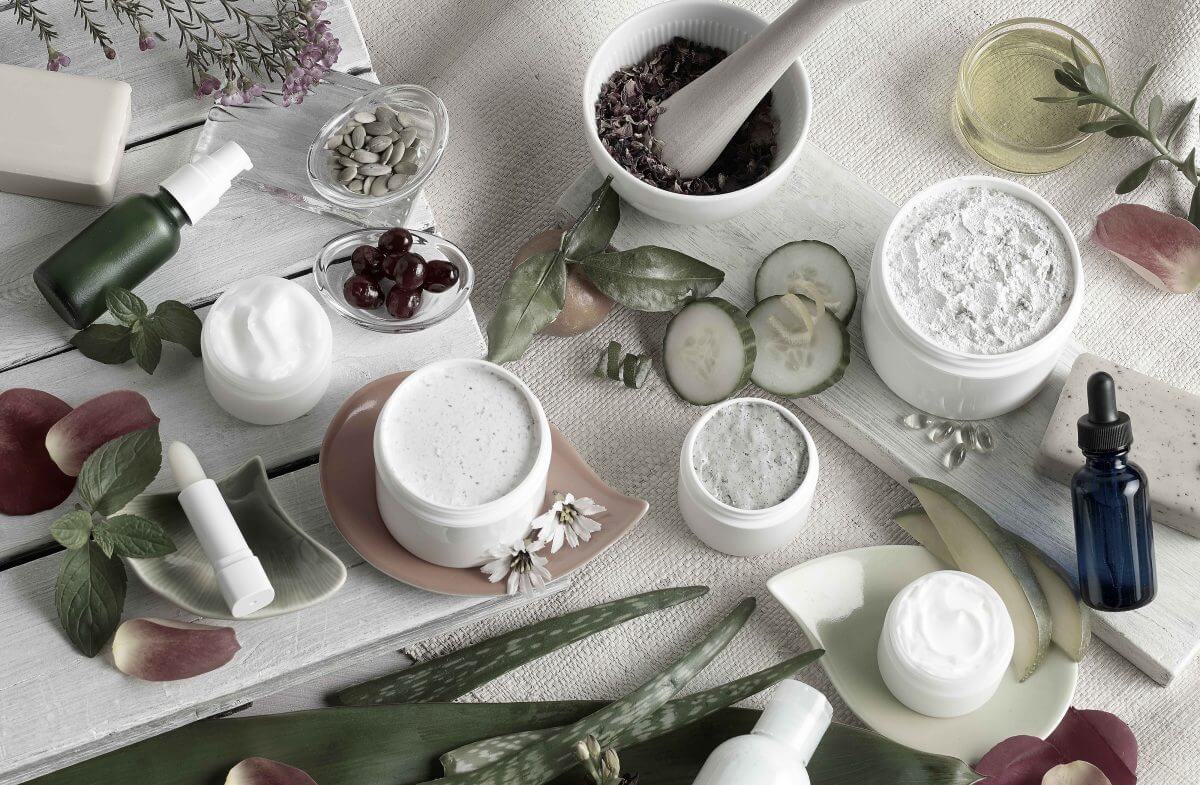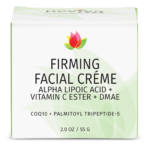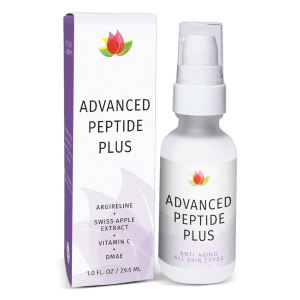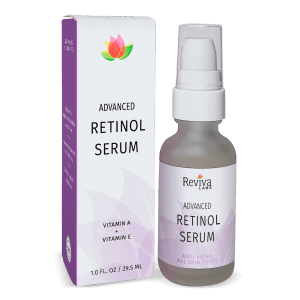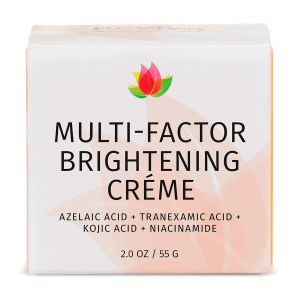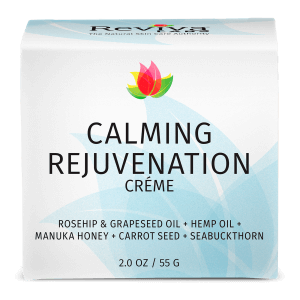Resveratrol
Resveratrol is a type of natural phenol and a potent polyphenolic antioxidant produced by several plants such as grapes, blueberries, raspberries, mulberries, and peanuts. Topical application helps protect the skin’s surface, interrupts and helps protect against environmental influences, and brightens a tired-looking complexion. Resveratol has many skin-calming properties that may help minimize the appearance of redness.
Resveratrol (3,5,4′-trihydroxy-trans-stilbene) is a stilbenoid, a type of natural phenol, and a phytoalexin produced by several plants in response to injury or when the plant is under attack by pathogens, such as bacteria or fungi. Sources of resveratrol in food include the skin of grapes, blueberries, raspberries, mulberries, and peanuts.

| |
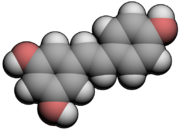
| |
 Chemical structures of cis- ((Z)-resveratrol, left) and trans-resveratrol ((E)-resveratrol, right)
| |
| Names | |
|---|---|
| Preferred IUPAC name
5-[(E)-2-(4-Hydroxyphenyl)ethen-1-yl]benzene-1,3-diol | |
| Other names
trans-3,5,4′-Trihydroxystilbene;
3,4′,5-Stilbenetriol; trans-Resveratrol; (E)-5-(p-Hydroxystyryl)resorcinol; (E)-5-(4-hydroxystyryl)benzene-1,3-diol | |
| Identifiers | |
3D model (JSmol)
|
|
| ChEBI | |
| ChEMBL | |
| ChemSpider | |
| DrugBank | |
| ECHA InfoCard | 100.121.386 |
| KEGG | |
PubChem CID
|
|
| RTECS number |
|
| UNII | |
CompTox Dashboard (EPA)
|
|
| |
| |
| Properties | |
| C14H12O3 | |
| Molar mass | 228.247 g·mol−1 |
| Appearance | white powder with slight yellow cast |
| Melting point | 261 to 263 °C (502 to 505 °F; 534 to 536 K) |
| Solubility in water | 0.03 g/L |
| Solubility in DMSO | 16 g/L |
| Solubility in ethanol | 50 g/L |
| UV-vis (λmax) | 304nm (trans-resveratrol, in water) 286nm (cis-resveratrol, in water) |
| Hazards | |
| GHS labelling: | |

| |
| Warning | |
| H319 | |
| P264, P280, P305+P351+P338, P337+P313 | |
| Lethal dose or concentration (LD, LC): | |
LD50 (median dose)
|
23.2 μM (5.29 g) |
| Safety data sheet (SDS) | Fisher Scientific Sigma Aldrich |
Except where otherwise noted, data are given for materials in their standard state (at 25 °C [77 °F], 100 kPa).
| |
Although commonly used as a dietary supplement and studied in laboratory models of human diseases, there is no high-quality evidence that resveratrol improves lifespan or has a substantial effect on any human disease.



